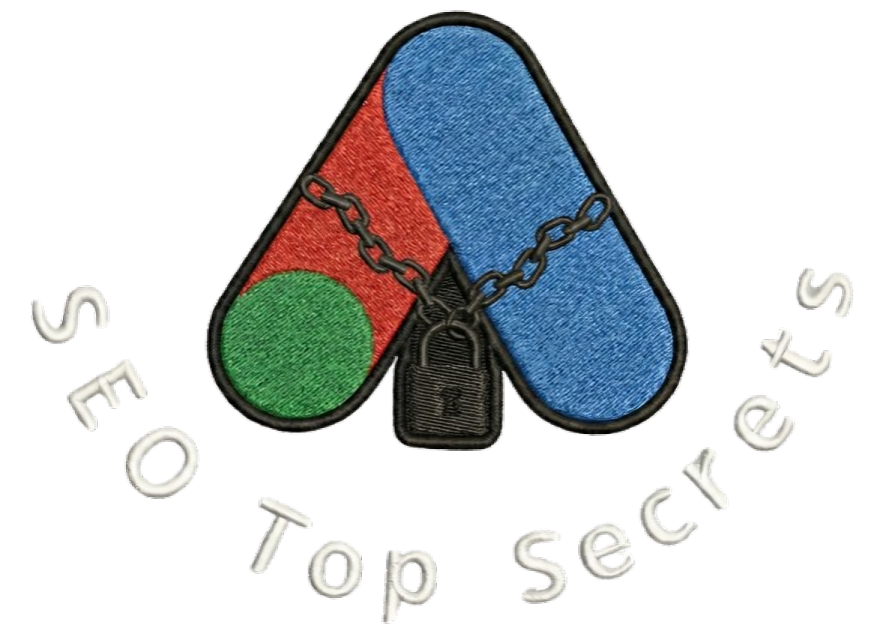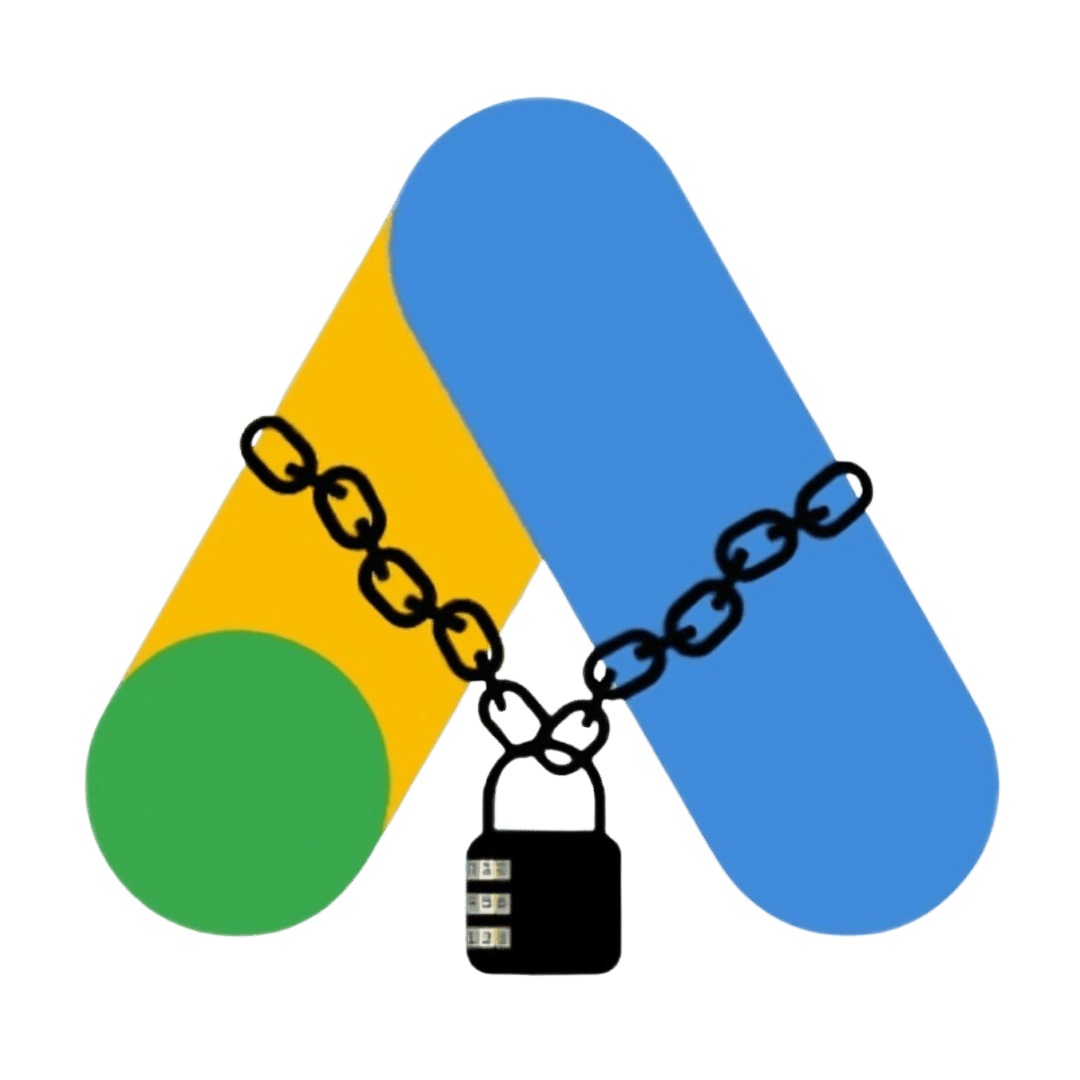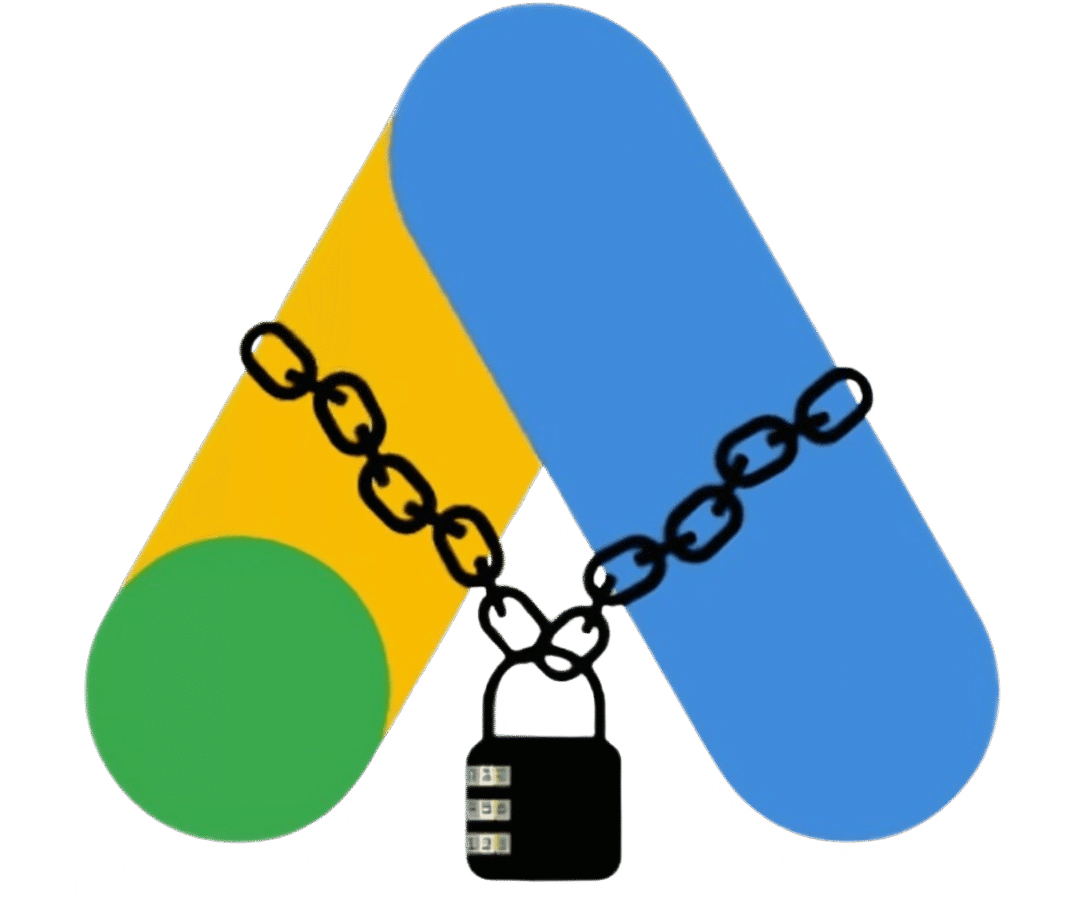Staying ahead in SEO means keeping up with Google’s frequent algorithm updates. Each update has the potential to reshape search engine rankings, affecting traffic, leads, and revenue. In this article, we break down Google’s latest algorithm, what it targets, and how you can adapt your SEO strategies to maintain top rankings.
What We Know About Google’s Latest Algorithm
Google’s updates are designed to improve search results by prioritizing high-quality, relevant content and user experience. The latest update focuses on:
-
Content Relevance and Expertise – Google increasingly rewards content that demonstrates expertise, authoritativeness, and trustworthiness (E-A-T). This makes publishing well-researched, accurate, and helpful content more important than ever. Learn more about how search engines work to align your strategy.
-
User Experience Signals – Metrics like page speed, mobile-friendliness, and Core Web Vitals play a larger role in rankings. Tools like PageSpeed Insights can help you audit and improve your website performance.
-
Content Format and Structure – Google favors content that is well-organized, easy to read, and structured with headings, lists, and multimedia. Using structured data can help search engines understand your content better.
-
Spam and Low-Quality Content Penalties – Thin, duplicate, or misleading content may see a drop in rankings. Regular SEO audits, like our SEO Audit in 1 Hour, can help detect and fix these issues.
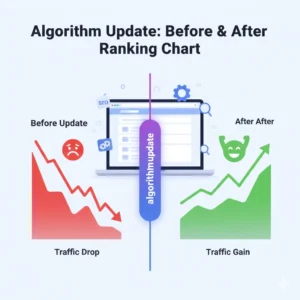
Powered By AI
How This Update Impacts Your Rankings
The effects of algorithm updates vary depending on your website’s current SEO health:
-
Websites with strong SEO fundamentals: Minor fluctuations are expected, but overall rankings should remain stable.
-
Websites with outdated or low-quality content: These may experience a noticeable drop in traffic.
-
New websites: Sites that focus on E-A-T, structured content, and UX signals may see faster improvements in visibility.
To maintain rankings, it’s essential to:
-
Regularly update and expand content. See our guide on optimizing blog posts for SEO.
-
Monitor traffic patterns and user engagement via Google Analytics.
-
Use Google Search Console to track indexing and performance.
Best Practices to Adapt to the Update
Here are actionable strategies to stay ahead:
-
Focus on Expertise and Authority
Ensure content reflects deep knowledge in your niche. Consider creating guides like our Step-by-Step Guide to Keyword Research to support authority. -
Enhance Page Experience
Optimize for speed, mobile usability, and interactive elements. Check out tools like GTmetrix and PageSpeed Insights. -
Audit Content Regularly
Remove outdated pages or improve low-performing content. Our SEO Basics for Beginners guide shows how to structure content updates. -
Implement Structured Data
Add schema markup to help Google understand your content type and improve rich results. Learn more from Schema.org. -
Focus on Link Quality
Build and maintain high-quality backlinks. Our Beginner’s Guide to Link Building is a helpful starting point.
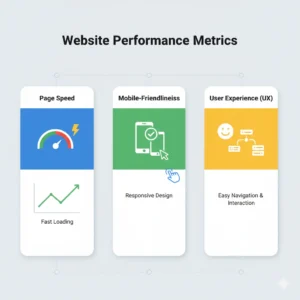
Powered By AI
Stay Informed About Future Updates
Algorithm updates are continuous, and staying proactive is key:
-
Subscribe to Google Search Central Blog for official announcements.
-
Follow industry news on Search Engine Journal and HubSpot Marketing Blog.
-
Track emerging trends via Google Trends.
Regular monitoring and adaptation are essential for maintaining and improving your rankings in this ever-evolving landscape.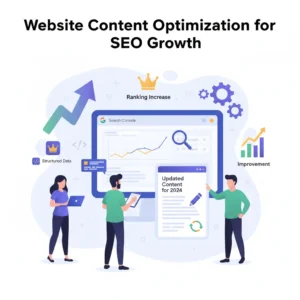
Powered By AI
FAQs: Google’s Latest Algorithm Update
Q1: How often does Google release major updates?
A: Google releases multiple updates annually, with some being broad core updates and others more targeted. Staying informed through Google Search Central is crucial.
Q2: Will my site automatically drop if I’m affected?
A: Not necessarily. If your content aligns with Google’s quality and UX standards, your site may remain stable or even improve.
Q3: How can I check if I’m affected?
A: Use Google Analytics to track traffic changes and Search Console for indexing insights.
Q4: Should I focus more on content or technical SEO?
A: Both are essential. While content quality is critical for E-A-T, technical SEO ensures Google can crawl, index, and understand your website effectively.
Q5: Can older websites recover after drops due to updates?
A: Yes. Updating content, improving UX, and optimizing technical SEO can help recover rankings over time.
